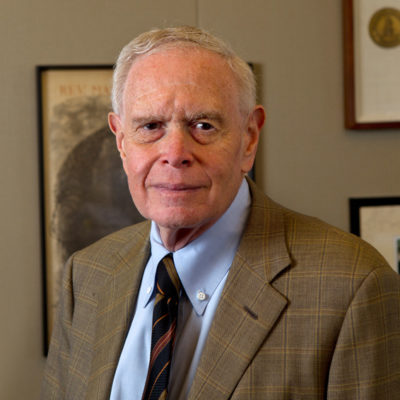Challenging The Priesthood Of Professional Historians
Summary
Finally, there appears a criticism of originalism that is knowledgeable, and that summarizes fairly the object of its critique. The piece is Constitutional Originalism and History, a blog post by Jonathan Gienapp who “is an assistant professor of history at Stanford University [who] is currently writing a book that explores the history of the earliest understandings of the United States Constitution.” I have a hard time trusting the narrative of historians who cannot describe accurately what’s happening today. So, judging by his blog post, I look forward to Professor Gienapp’s book, which seems very likely to accurately report the sources he has read.
Professor Gienapp’s blog post is more than 3700 words (plus footnotes!), 2250 of which are devoted to describing the current state of play among originalists, especially what Keith Whittington has called the New Originalism, which Gienapp calls Originalism 2.0, and another 250 words for a conclusion. Although it is a bit caustic in tone, and I might generate a disagreement with a jot here and a tittle there, the theoretical summary is really very good and I commend it to readers. I believe it fairly quotes and cites my own work.
…
While I generally accept Professor Gienapp’s description of originalism, this is a bit of an overstatement. Indeed it overstates the very quote it includes from Larry Solum. True, to the extent historians–especially those who file amicus briefs–claim to be able to get inside the heads of historical figures and tell us how they would, and would not, apply the text of the Constitution to issues confronting the courts today, Originalism 2.0 challenges that idea. But, as Professor Gienapp notes, so too did the original critic of originalism, Paul Brest, the man who coined the label “originalism.”
Read More
